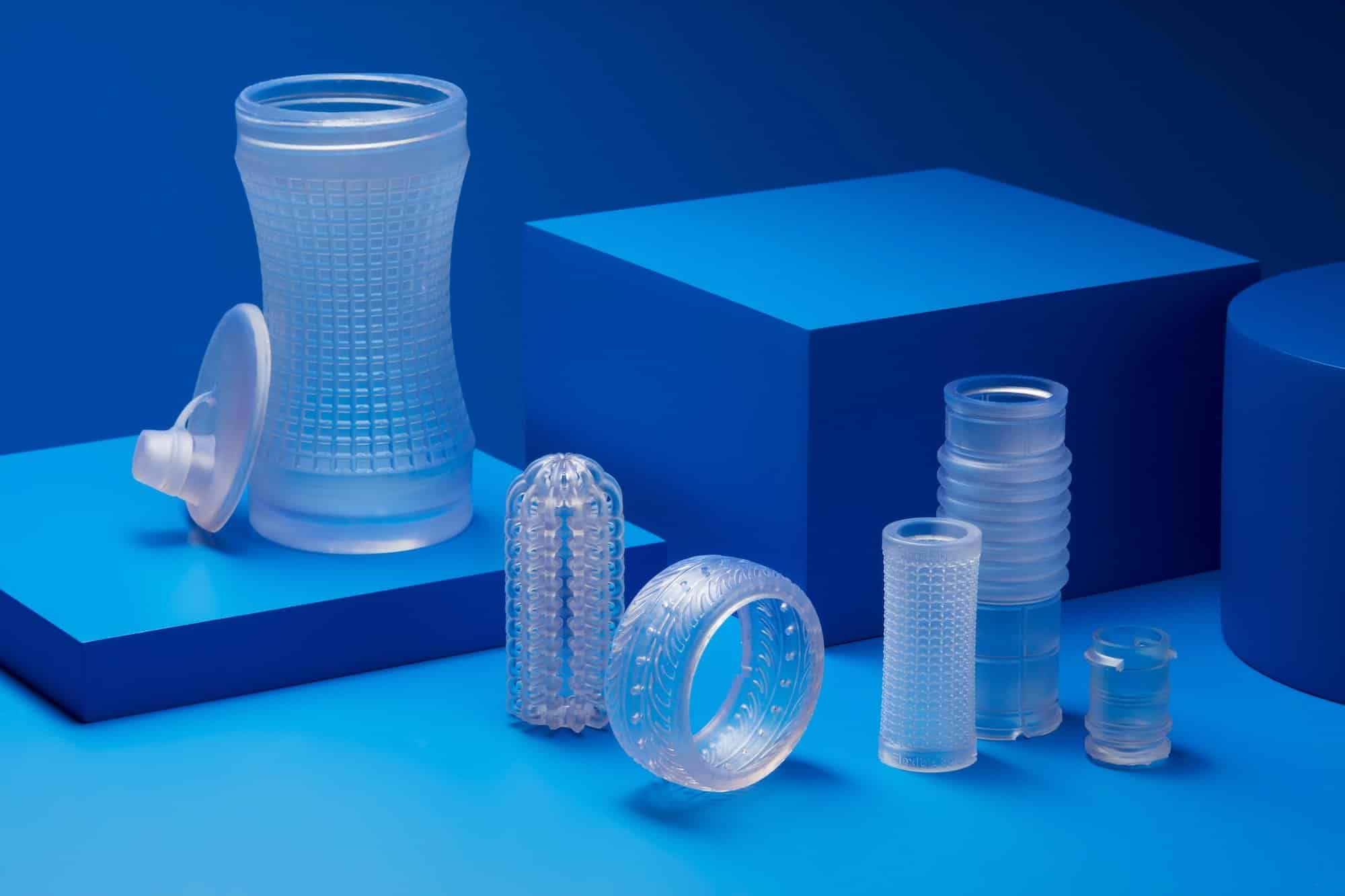
Minimum lead time
Price range

Tolerances
Layer Height
Wall Thickness

Max. Part Size
Resin can have a faster printing process while maintaining better resolution over other materials used in 3D printing. It has also more powerful finished items.
Resin is more expensive and therefore has poor availability compared to other materials. Also, because of its toughness, it has unsatisfying post-processing results, and it has no alternative when it comes to composite prints.
Formlab's Tough Resin has similar properties to ABS. Therefore, it can substitute the latter in many applications because of their similarities. This resin was designed to withstand high stress and strain, thus, the parts can still be machined even after printing. It also has good strength and flexibility, and it has remarkably high HDT or heat deflection temperature. This means that it can resist distortion under a given load at heightened temperatures.
All trees produce sap to a considerable degree but only trees that belong to Pinaceae family like pines, cedars, and firs can produce natural resin. One exceptional natural tree resin is amber. It is considered as a gemstone since Neolithic times, and has since been appreciated for its natural beauty..
© 2024 Jiga, Inc. All Rights Reserved.